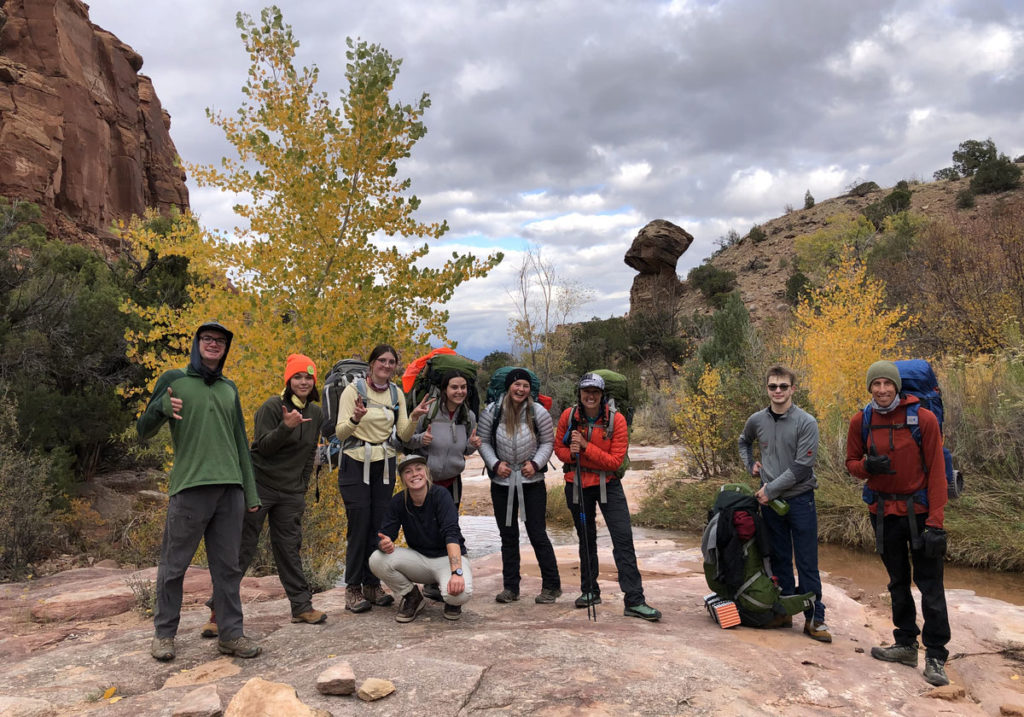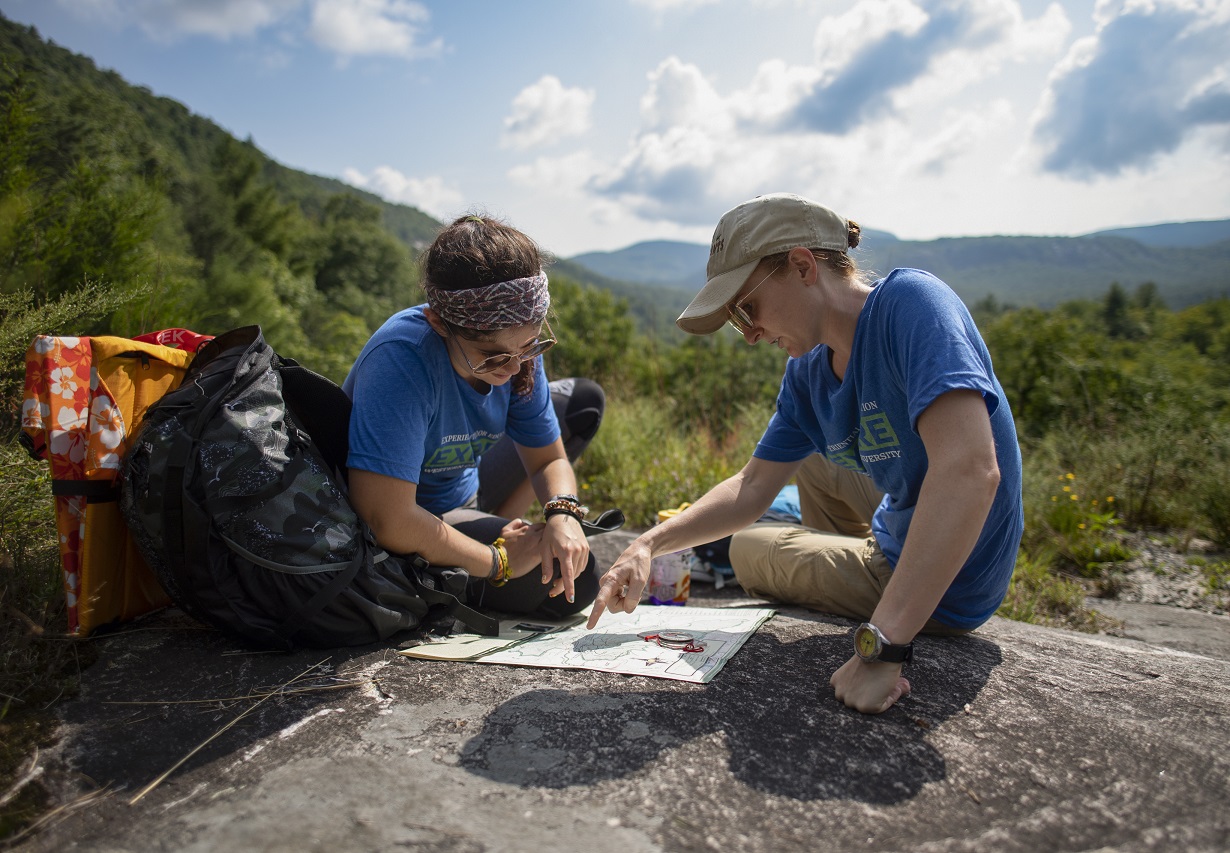I. Introduction
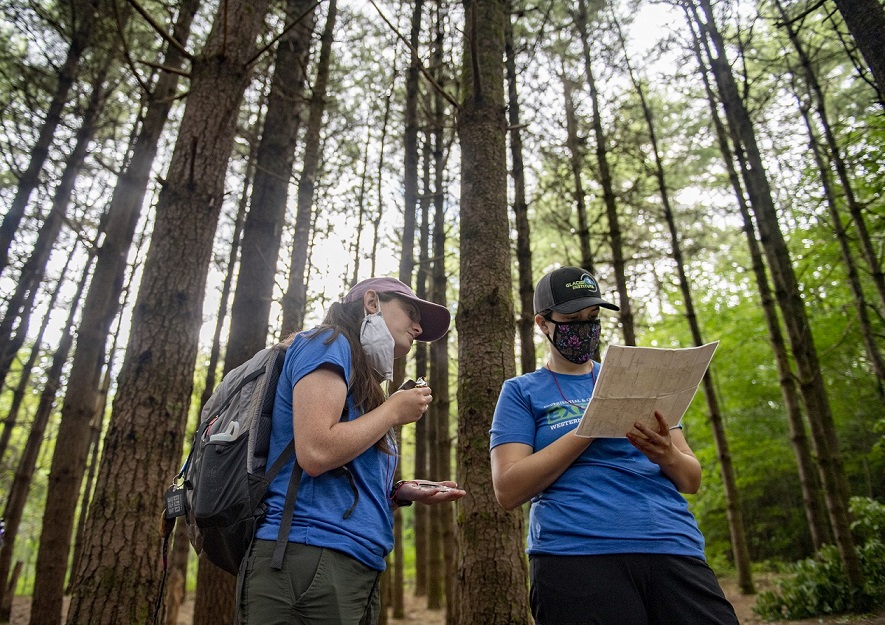
Outdoor education is an experiential learning approach that takes place outdoors and promotes holistic development. In this article, we will explore the significance of outdoor education, its benefits for physical, emotional, and cognitive well-being, and its role in fostering critical thinking and creativity.
II. Benefits of Outdoor Education
A. Physical Health and Well-being
- Promoting physical activity and fitness: Outdoor education encourages individuals to engage in various physical activities, such as hiking, rock climbing, or kayaking, which contribute to improved physical fitness and overall health.
- Improving cardiovascular health and coordination: Outdoor activities that involve aerobic exercises, such as hiking or cycling, help strengthen the heart and improve coordination and balance.
B. Emotional and Mental Well-being
- Providing stress relief and relaxation: Spending time in nature has been shown to reduce stress levels and promote relaxation, providing a much-needed break from the demands and pressures of everyday life.
- Enhancing self-esteem and self-confidence: Outdoor activities challenge individuals to step out of their comfort zones, overcome obstacles, and achieve personal goals, leading to increased self-esteem and self-confidence.
C. Cognitive Development and Learning
- Fostering critical thinking and problem-solving skills: Outdoor education presents individuals with real-life challenges that require problem-solving and critical thinking skills. Participants learn to assess risks, make decisions, and adapt to changing situations.
- Encouraging creativity and imagination: Nature serves as a rich source of inspiration for creative pursuits. Outdoor education activities provide opportunities for individuals to express their creativity and imagination through art, storytelling, and environmental exploration.
III. Goals of Outdoor Education
A. Environmental Awareness and Stewardship
- Promoting conservation and sustainable practices: Outdoor education fosters a deep understanding of the environment and encourages individuals to become responsible stewards of the natural world.
- Encouraging a connection and appreciation for nature: By spending time in nature, individuals develop a sense of connection and appreciation for the Earth’s beauty, biodiversity, and the importance of preserving it for future generations.
B. Life Skills and Personal Development
- Developing teamwork and leadership skills: Outdoor education activities often require collaboration, communication, and teamwork, fostering the development of essential interpersonal skills. Participants also have opportunities to lead and take initiative in group settings.
- Enhancing resilience and adaptability: Outdoor education pushes individuals out of their comfort zones, teaching them resilience and adaptability in the face of challenges, uncertainty, and changing environments.
C. Cultural and Social Understanding
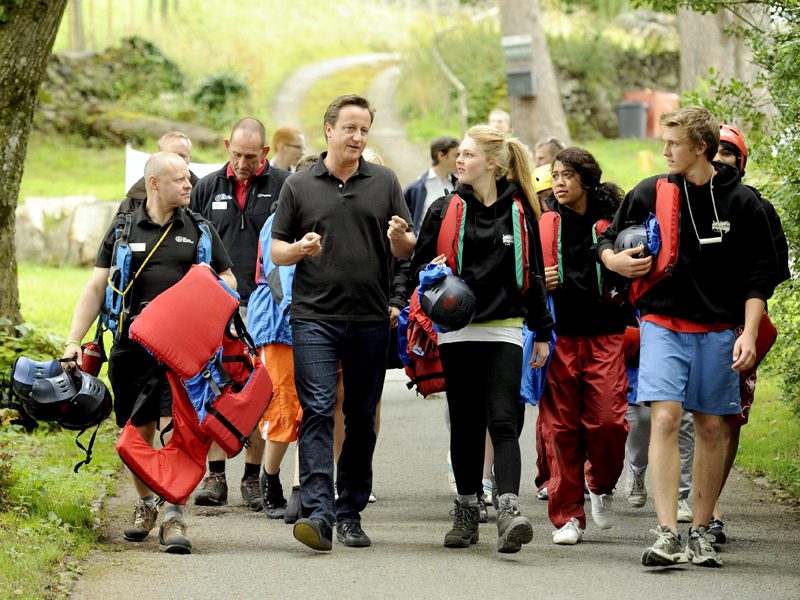
- Facilitating cultural exchange and interpersonal skills: Outdoor education programs often bring together individuals from diverse backgrounds, fostering cultural understanding, empathy, and the development of positive relationships.
- Encouraging empathy and understanding of diverse communities: Through outdoor education, individuals learn about different cultures, lifestyles, and socioeconomic backgrounds, promoting empathy and a broader perspective on global issues.
III. Goals of Outdoor Education
Outdoor education encompasses a range of goals that aim to foster growth, development, and sustainable practices in individuals. These goals can be categorized into three main areas: environmental awareness and stewardship, life skills and personal development, and cultural and social understanding.
A. Environmental Awareness and Stewardship
- Promoting conservation and sustainable practices:
- Educating individuals about the importance of conserving natural resources and protecting the environment.
- Encouraging responsible behaviors such as recycling, reducing waste, and minimizing ecological footprints.
- Instilling a sense of responsibility towards preserving the natural world for future generations.
- Encouraging a connection and appreciation for nature:
- Facilitating experiences that deepen individuals’ connection to the natural world.
- Teaching about ecosystems, biodiversity, and the interconnectedness of all living beings.
- Instilling appreciation for the beauty, wonder, and intrinsic value of nature.
B. Life Skills and Personal Development
- Developing teamwork and leadership skills:
- Engaging in collaborative outdoor activities that require teamwork, communication, and cooperation.
- Providing opportunities to lead and make decisions in challenging situations.
- Nurturing skills such as problem-solving, conflict resolution, and decision-making.
- Enhancing resilience and adaptability:
- Exposing individuals to unfamiliar and unpredictable outdoor environments.
- Encouraging individuals to step out of their comfort zones and embrace challenges.
- Fostering resilience, adaptability, and the ability to cope with setbacks and adversity.
C. Cultural and Social Understanding
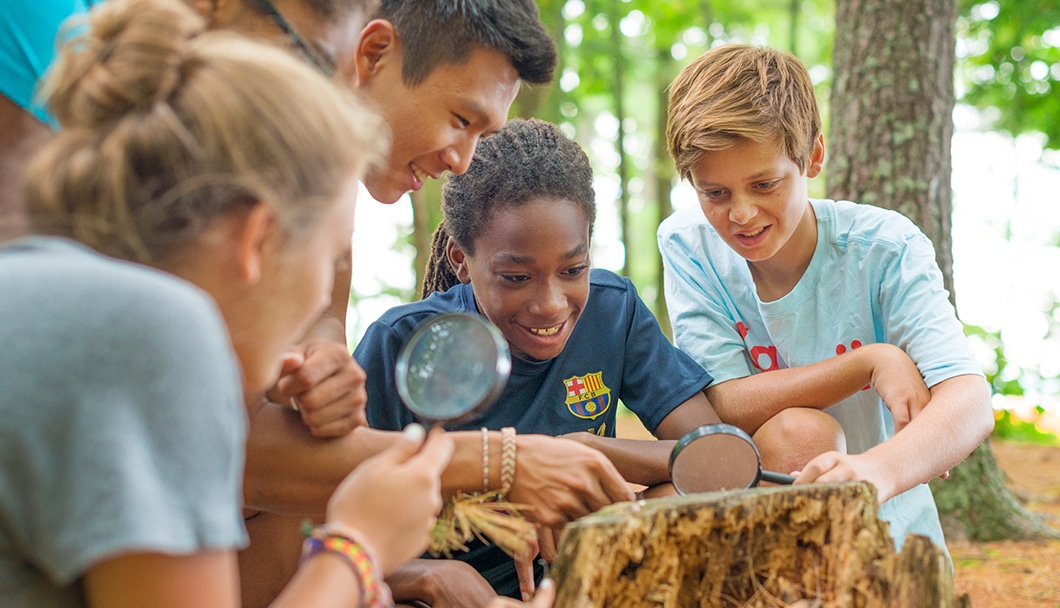
- Facilitating cultural exchange and interpersonal skills:
- Creating a space for individuals from diverse backgrounds to interact and learn from one another.
- Encouraging cultural exchange and dialogue to foster understanding and appreciation for different perspectives.
- Developing interpersonal skills such as effective communication, empathy, and respect for others.
- Encouraging empathy and understanding of diverse communities:
- Promoting an inclusive and equitable environment that respects and celebrates diversity.
- Providing opportunities to learn about different cultures, traditions, and ways of life.
- Cultivating empathy and understanding to bridge societal divides and promote social cohesion.
IV. Approaches and Activities in Outdoor Education
Outdoor education employs various approaches and activities to achieve its goals, including:
A. Experiential Learning
- Hands-on activities and direct experiences:
- Engaging in practical exercises, field trips, and nature-based projects that allow individuals to interact with the environment.
- Encouraging active involvement, sensory experiences, and learning by doing.
- Reflection and debriefing:
- Providing structured opportunities for reflection after experiential activities.
- Facilitating discussions and debriefing sessions that encourage individuals to process their experiences, identify key learnings, and make connections to their lives.
B. Adventure-Based Learning
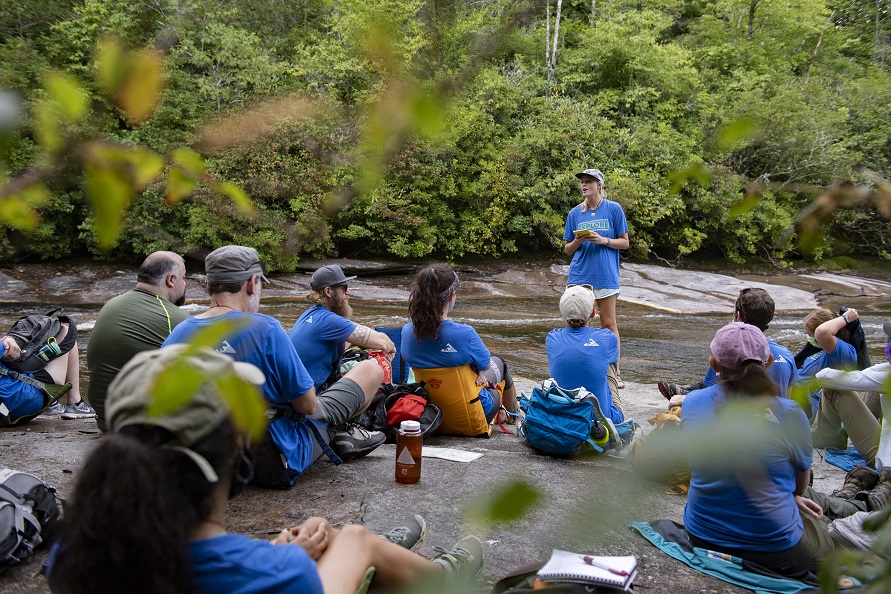
- Engaging in challenging and adventurous activities:
- Participating in activities such as rock climbing, hiking, camping, or team-building challenges that require physical and mental effort.
- Encouraging individuals to step outside their comfort zones, take calculated risks, and develop problem-solving skills in real-life situations.
- Encouraging risk-taking and problem-solving:
- Providing safe and supportive environments for individuals to engage in controlled risks.
- Promoting problem-solving skills, critical thinking, decision-making, and adaptability in adventurous settings.
C. Environmental Education
- Exploring ecosystems and natural environments:
- Guided exploration of local natural environments, such as forests, wetlands, or coastal areas.
- Facilitating firsthand experiences that deepen individuals’ understanding of local ecosystems, biodiversity, and ecological concepts.
- Learning about conservation practices and ecological concepts:
- Providing knowledge and understanding of environmental issues, conservation techniques, and sustainable practices.
- Encouraging individuals to make informed decisions and take action to protect the environment in their daily lives.
V. Conclusion
Outdoor education is a powerful tool for achieving a range of goals, including environmental awareness and stewardship, life skills and personal development, and cultural and social understanding. Through its various approaches and activities, outdoor education creates opportunities for experiential learning, adventure-based learning, and environmental education. By engaging in outdoor activities, individuals can cultivate a deeper connection with nature, develop essential life skills, foster understanding and empathy for diverse communities, and become advocates for a more sustainable and inclusive world.
